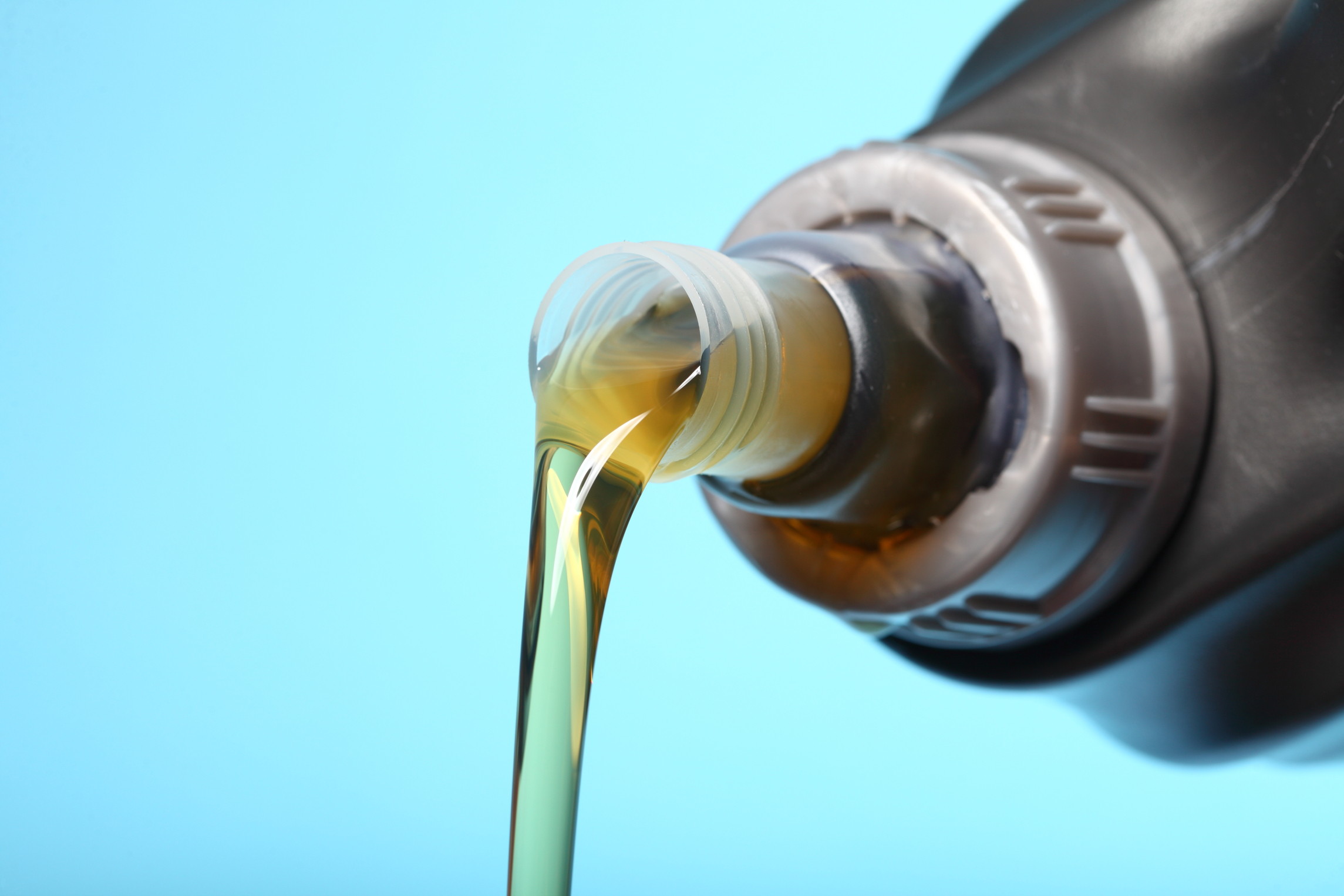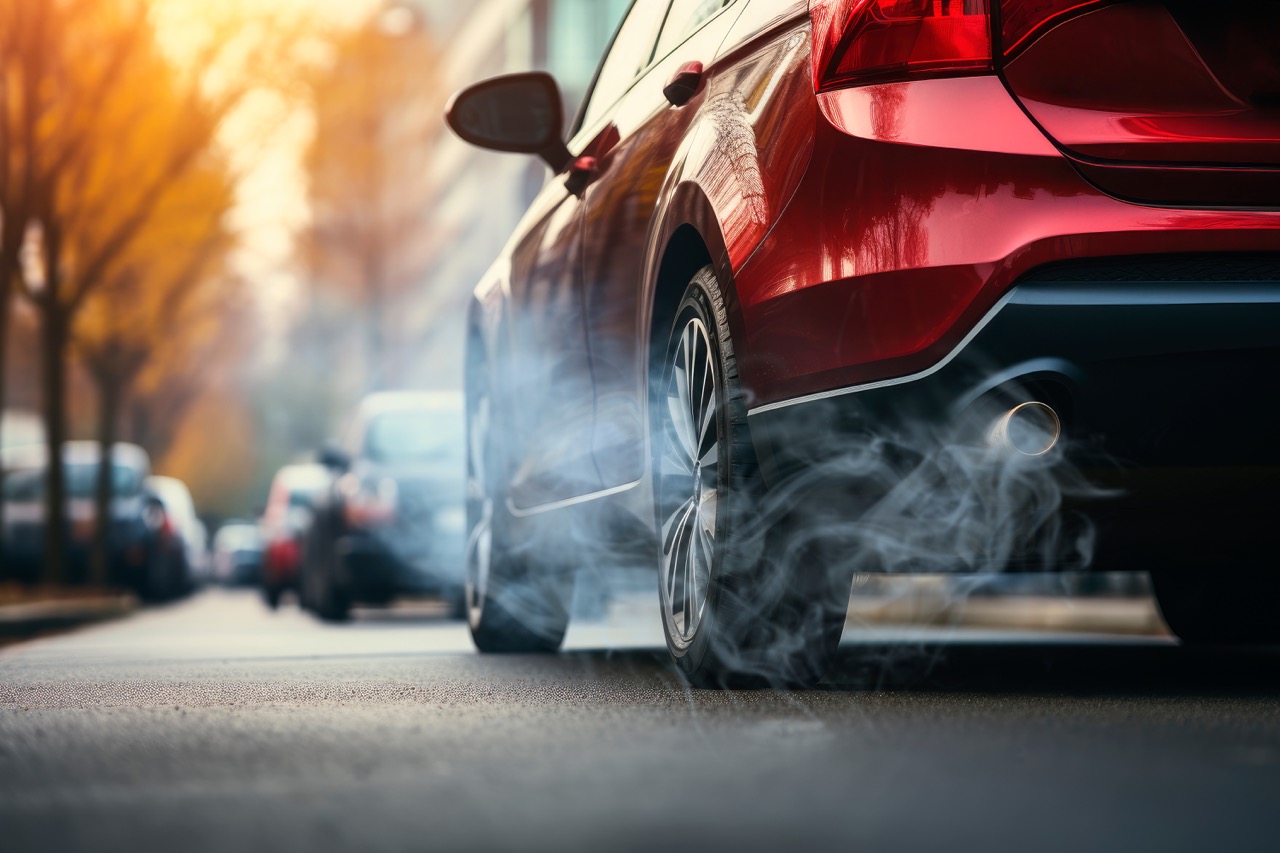
Have you ever had a mechanic ask you what type of oil you wanted in your car, but you weren’t sure which one to pick? With so many choices out there, it might seem difficult to know exactly which oil is right for you. We at Master Muffler would like to offer some advice to help you make the best decision the next time someone asks you what type of oil you want in your car.
First things first: before choosing the right oil, it is important to know what oil does for your vehicle. Perhaps you’ve heard that oil is a lubricant, but what exactly does that mean for you car? For a car, it means that it reduces friction between all the metal parts that are constantly rubbing together. It also means oil transfers heat away from the combustion points in the engine. During these processes, oil is reducing the byproducts and defects that can occur from the high temperatures of engine combustion. This includes factors like oxidization which can contribute to rust and other elements that ruin metal. In a nutshell– oil is an extremely important factor in your vehicle’s health.
Next, let’s look at the oil grades. These are the numbers that are usually formatted: “##W-##” or, for example: “5W-30”, or “10W-40”. The digits in these numbers refer to the viscosity (or thickness) of the oil at different temperatures. The ‘W’ literally stands for ‘Winter’, so the first digits next to the ‘W’ refer to the viscosity of the oil at cold temperatures. The second set of digits after the dash refer to the viscosity of the oil at higher temperatures.
Without going into too much technical detail about the viscosity, it is important to understand that over time, oil has been engineered to be more viscous. This is because as technology advances, modern engines place higher demands on oil performance. Over time, oils have become more and more viscous in order to keep up with the rising engine temperatures and moving parts within the engines. At one time, cars were able to run on pure mineral oils, but those days have long passed. Cars now require synthetic blends of oils which are engineered to perform better under more stressful conditions.
So, what does it all mean? Generally speaking, the higher the viscosity of the oil, the better it will perform over time– but does this mean you should just purchase the oil with the highest viscosity ratings? The answer is no! Your car manual should give you specifics about which oils are best for your vehicle. However, the manual rarely specifies one type of oil that is best for your vehicle. In fact, it usually indicates a few different choices, or a range of values. Hopefully, with what you’ve learned here and the information from your car manual, you’ll be able to make a more informed decision about what type of oil is best for you car and budget.
If this seems like a bit too much to remember, also keep in mind that your Master Muffler technicians are always happy to assist you with making the right choice for you vehicle. Whether you are choosing oil, services, or anything else for you vehicle: if you aren’t sure how to make the best decision, just ask!
Related Posts
As an EV owner, understanding your vehicle's battery is critical. From its capacity to its lifespan, and everything in between, we'll guide you through what you need to know to optimize your EV experience. So buckle up and get ready - we're about to shed some light on the electrifying world of EV batteries. What [...]
If your car is running hot, it can be a sign that something’s not right with your engine. Fortunately, diagnosing the cause of an overheating engine isn't too difficult if you know what to look for and how to address it. Keep reading if you want to learn the most common issues that occur when [...]
Your vehicle's exhaust system serves a critical role in managing the byproducts of the combustion process and ensuring optimal engine performance. The appearance of colored smoke from the exhaust pipe, either when stationary or accelerating, can provide valuable clues to underlying mechanical issues. What is a car exhaust? A car exhaust is a system [...]



